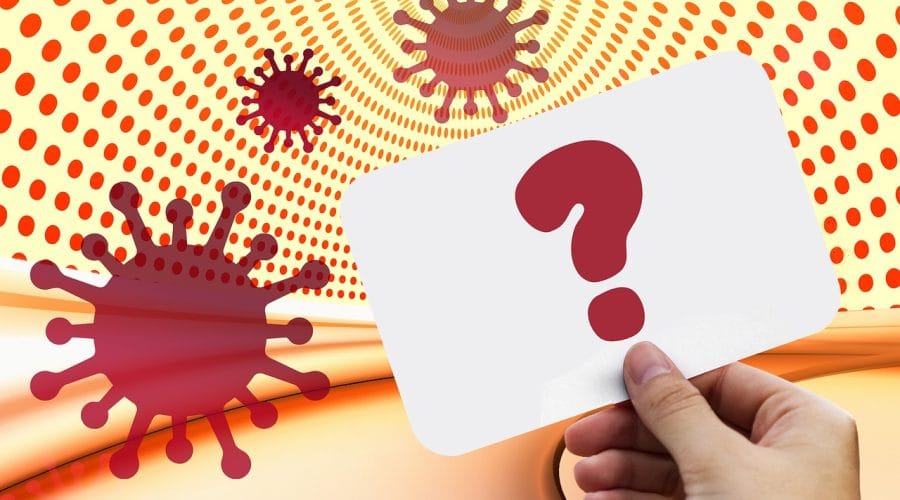
Many of the researchers who are now working to find treatments and a cure for long COVID spent many years working on treatments for HIV/AIDS. And while the viruses are very different from one another, there are a number of similarities that experts hope may lead to new diagnostic tests and treatments for long COVID.
Those new research efforts have already yielded some promising advances. For instance, much of scientists’ understanding of long COVID — specifically in researching biomarkers, viral persistence, chronic inflammation, and antiviral treatments — came from years of prior research into HIV. However, it took many years to get from HIV being a death sentence four decades ago to the chronic but manageable condition that it has become today.
“Our hope is that it won’t take as long as it did with long COVID because of what we learned from HIV, but these things don’t just happen instantly, it takes a lot of work,” said Igho Ofotokun, MD, a professor of medicine at Emory University School of Medicine, Atlanta, and a researcher in both HIV and long COVID.
Finding a Biomarker for Long COVID
Five years after long COVID was first identified, the single biggest roadblock in treating patients with the condition remains uncovering a biomarker that can be used to diagnose it. Without a clear tool for confirming positive diagnoses in patients, pharmaceutical companies are hesitant to fund clinical trials.
Still, finding a diagnostic blood test and then treatments for HIV also took time. The first blood test for HIV was approved by the FDA on March 2, 1985, nearly 5 years after the CDC reported the earliest deaths from AIDS. Reliable and safe treatments for HIV took much longer, with the first major antiviral breakthrough treatments developed in 1996.
Findings from 2023 found that certain biomarkers may identify long COVID with 80% accuracy. Researchers revealed that long COVID was associated with inflammation of the immune system in proteins such as C3, C4, and C5. But since then, a definite biomarker has not been identified.
Source : Medscape
Related HIV and Co-Infections News
Get involved
Are you living with HIV/AIDS? Are you part of a community affected by HIV/AIDS and co-infections? Do you work or volunteer in the field? Are you motivated by our cause and interested to support our work?
Subscribe
Stay in the loop and get all the important EATG updates in your inbox with the EATG newsletter. The HIV & co-infections bulletin is your source of handpicked news from the field arriving regularly to your inbox.
